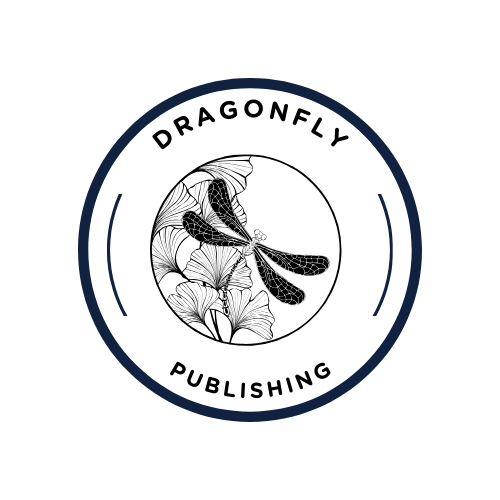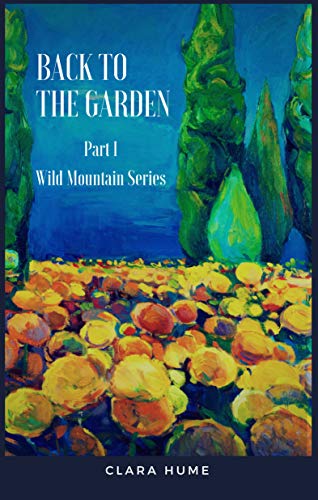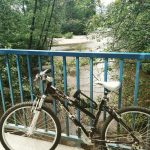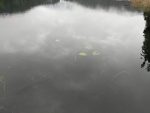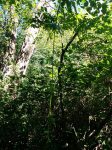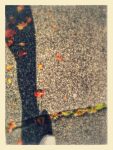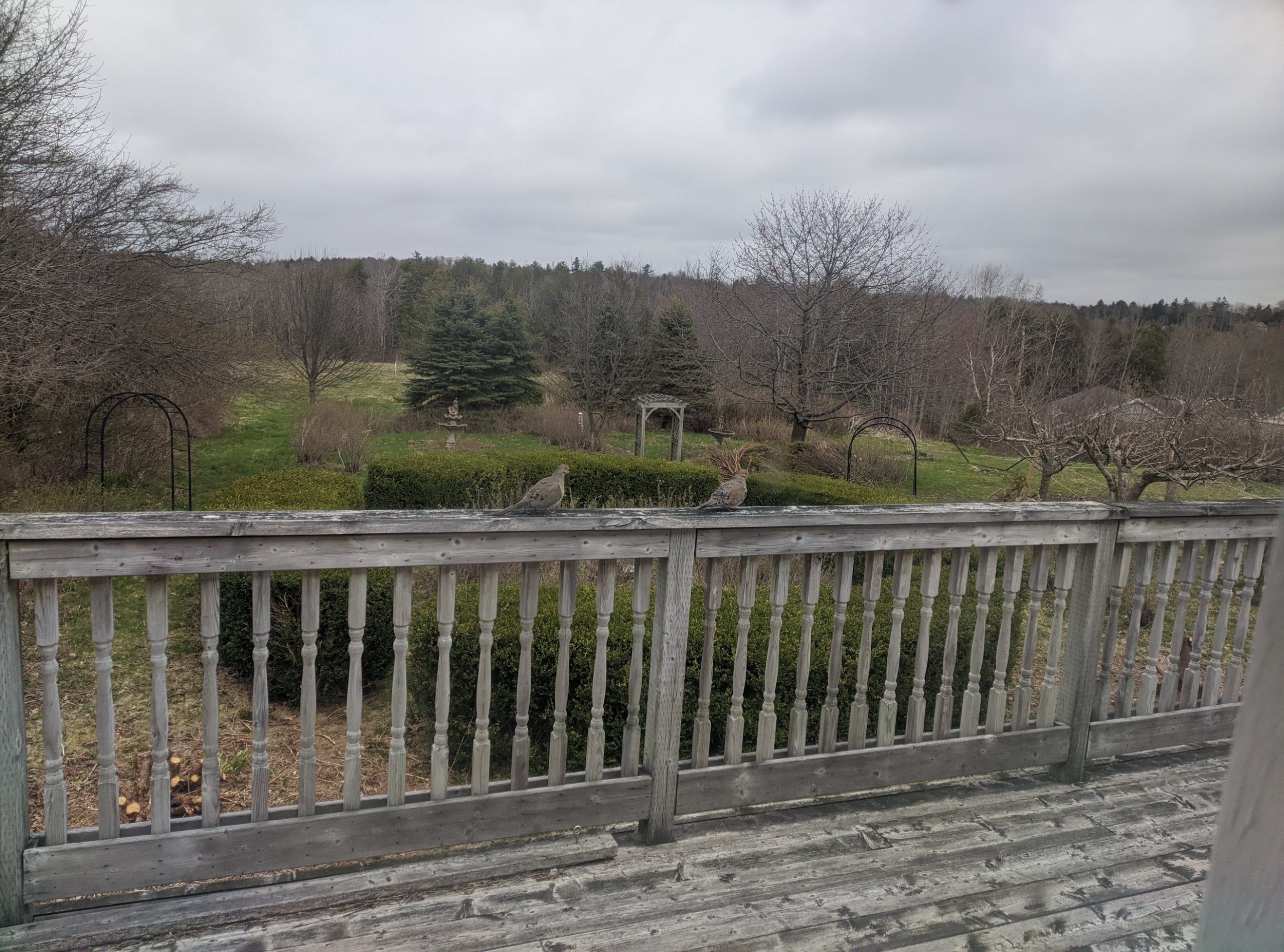I often interview authors about ecologically oriented novels they’ve written. I’ve also been interviewed about my own writing. When I got into doing author interviews, I really did not look around to find what types of questions to ask, as I thought the best questions probably had to do with their books and/or personal and interesting stories that I would research ahead of the interview. Sometimes I get a little intimidated if the author is a big one. I was scared to interview Jeff VanderMeer and David Brin, for instance, even though both authors were down to earth and friendly. I always am afraid of asking stupid questions though, and this happened again today as I sent my questions off to an author who I admire and is getting a lot of press right now.
Later, when thinking about this subject, I thought about whether authors would laugh if I asked a question like “What kind of tree would you want to be?” I went to look up unique author questions and came across the following from JohnFox.com. I think that the questions are interesting enough that I thought I’d tackle them myself.
- What literary pilgrimages have you gone on? Back when I was trailrunning a lot, we went to Ireland and I insisted that we would go around the country to run in forests and natural places William Butler Yeats had written about, including near the Lake Isle of Innisfree and the Sleuth Woods.
- What is the first book that made you cry? Definitely Bambi.
- What is the most unethical practice in the publishing industry? So many I can think of. Just like corruption in government, the biggest corruption in any medium happens when awards/reviews have a big price regardless of actual content. We should award books on merit, not how much we are paid to award them. Also, really, especially us writers who are interested in the environment–we should be sure our publishers/printers are following good ethical practices when using tree resources, fresh water, and so on for creating books. Some others: diversity of authors…gone is the white man author world. In the last decade are two, and rightly so, artists in all fields (literary, film, etc.) have pushed for women, people of color, and LGBTQ equality when recognition and inclusion of artistry in all genres. It’s finally happening.
- Does writing energize or exhaust you? Usually it energizes me until it doesn’t. Then I take a break.
- What are common traps for aspiring writers? Dreaming too big. I’m also a publisher and have authors who think they’ll make it big, despite my forewarning that it’s very unusual to hit it big as an author, especially from a niche press. I’ve seen dreams dashed. Writers need to just enjoy the process and be prideful upon completion of a book.
- Does a big ego help or hurt writers? I think a big ego is the worst thing anyone can have, including writers. I have spoken up against egoists who are out to promote themselves and bully those whom they perceive are less important. Arrogance is awful. It turns off everyone.
- What is your writing Kryptonite? I guess lack of sleep. If I don’t get enough sleep I cannot write or think well.
- Have you ever gotten reader’s block? Not really. I am always reading. Sometimes I take breaks from novels and just read short stories though.
- Did you ever consider writing under a pseudonym? I actually do write fiction under a pseudonym. When I was publishing my first novel, there was already an author in Canada named Mary Woodbury. She wrote a lot of children’s books. I chose the pen name Clara Hume. Clara was always the name I used in Spanish classes, because my actual Spanish name (Mary) was always taken. Clara means bright and with clarity, and I liked the name. Hume was inspired not just by the actual philosopher but by Desmond Hume, a character on Lost, whose name was probably a nod to the philosopher.
- Do you try more to be original or to deliver to readers what they want? My writing isn’t too mainstream. If I wanted to cater to reading audiences, I’d probably be able to pull it off, but that kind of writing doesn’t appeal to me or my imagination. I pick issues like climate change or fossil fuel industry or, in my Wild Mountain duology, the second book will continue in a climate-changed world but look at cults and religion. I’m exploring ideas and how they affect people and nature. And though these ecological and weird ideas are becoming more common these days, they aren’t really mainstream. Even if they were, I have my own style of writing. I am more abstract than concise; a lot of that has to do with the world I imagine in the future. It seems vague and windy and surreal.
- Do you think someone could be a writer if they don’t feel emotions strongly? Every writing class I have ever taken insists that writing is a technical skill. One should not, actually, write too emotionally. But emotions do help drive the craft.
- What other authors are you friends with, and how do they help you become a better writer? I’m in a network with of a lot of writers. What helps me become a better writer is reading their work and seeing how each person is so uniquely and beautifully doing their individual thing.
- Do you want each book to stand on its own, or are you trying to build a body of work with connections between each book? I’m trying a duology and am not sure if I regret it yet. I’m worse than George RR Martin in writing the next part, mainly because I chose to finish another novel in between. I’m not sure I ever want to do any other series in the future, unless maybe it was geared toward a younger generation.
- If you could tell your younger writing self anything, what would it be? Save everything you write.
- How did publishing your first book change your process of writing? It made me realize I really need to organize ideas and outlines better, and that if I decided to take on a different direction when writing, to reorganize so that the whole work is consistent.
- What was the best money you ever spent as a writer? I can’t answer this. Yet.
- What authors did you dislike at first but grew into? I had a hard time reading an author I won’t mention. I found his work a little too detailed and techy, but after talking with him, I realized just where he was coming from and went back to read the novel again and really liked it.
- What did you do with your first advance? I never got an advance. I self-publish my own novels, though have had an interested publisher want my next one.
- What was an early experience where you learned that language had power? When I was really young, like aged 4 or so, my parents were renting a farm house while waiting on buying the house that would become my childhood home. They went to church in a small white very conservative community. I was too naive to think much about religion, politics, etc. back then. All I cared about was running in the fields, playing with the many barn cats, petting cows, and riding ponies. On Halloween, my parents hosted a church haunted house since we were in the country and had a barn that we could decorate spookily. At some point that night I heard Dad arguing very loudly with a woman from the church named Ruth. I guess she got up in his face for believing in evolution. She was a fundamentalist creationist type of person. My dad somehow reconciled his religious beliefs with actual science and was a science/math teacher. When I talked with Dad about it later, he set me down and told me what he believed in. While he respected others’ beliefs of all religions, if someone actually got in his face and tried to tell him he was wrong or what to think, he wasn’t afraid to stand up for himself. That’s truly one of the few times I heard him yell and be mad, but it was really the power of what he said to me that stuck with me always and probably helped to mold my own beliefs later, which really aren’t religious at all but are scientific.
- What are the most important magazines for writers to subscribe to? I don’t subscribe to magazines for the most part. I do subscribe to The Guardian though, because I trust their reporting and they do not forget about climate change like many other news sources tend to do.
- What’s your favorite under-appreciated novel? I often talk with authors who write these fantastic novels that never seem to make it quite as big as I think they should, and I think it goes back to underfunded projects, which is pretty sad. Ratings speak louder than media reviews sometimes, though, so when I see that an author has about 500 positive reviews on Goodreads or Amazon and really has hardly any media coverage, it makes me wonder. Having said that, I feel weird then mentioning authors or their novels in this position.
- How do you balance making demands on the reader with taking care of the reader? This is a hard question for me. I do think about the reader when writing, but sometimes you just don’t know their demands or what they need as far as being taken care of. At an essential level, however, you should be responsible for writing for the reader, not yourself.
- As a writer, what would you choose as your mascot/avatar/spirit animal? And there it is. I have to say a dragonfly. It’s my muse at this point.
- What do you owe the real people upon whom you base your characters? Acknowledgments are real, and I really do credit my parents for educating me while I was growing up. And a lot of other family, like my kids, my cousins, my uncles and aunts–as well as my husband’s family. While I have never created a character based upon anyone I know, my first novel Back to the Garden had names from a lot of people I love. It’s like an Easter Egg hunt.
- How many unpublished and half-finished books do you have? I have one other unpublished novel, another that’s probably 85% done, another that’s really interesting to me that I started a few years ago and might finish, and a weird fiction novel. So that’s four that are in various stages. Then I have one that’s about 75% done that I’m publishing next year under my self-publishing company, and of course the 2nd in the Wild Mountain series that I hope to publish in 2021.
- What does literary success look like to you? I’m not sure. I guess when I write novels that appeal to people and they write to me and let me know. My first novel was never a best-seller, but it was listed in a few academic studies as far as climate change novels. I considered that pretty good.
- What’s the best way to market your books? Honestly, I wish it was as simple as someone reads a great book and word of mouth carries it along. But so many books are being published these days, and there exists kind of a pay-for-review practice to get your books even noticed anywhere sometimes. Ursula K. Le Guin said it better than I ever could.
- What kind of research do you do, and how long do you spend researching before beginning a book? My novels are usually based on place and within that place a scientific issue (as I said before: climate change, fossil fuels, etc.). So I have to make sure that I understand facts before building a fiction around it. For Back to the Garden, I looked at climate change models for certain areas, such as Idaho and the southeastern US. There’s some uncertainty of course, but some of the things I read about, such as the rise of vector-borne diseases, which I fictionalized as early as 2007 when I was writing the novel, are already becoming commonplace as mosquitoes travel north in warming climates. Also, I have read tons about pipelines, aquifers, and oil sands dilbit, which all take place in my 2020 novel Up the River.
- Do you view writing as a kind of spiritual practice? Not really. I feel it can be emotional, but spiritual is a hard concept for me.
- What’s the most difficult thing about writing characters from the opposite sex? I don’t find it really difficult at all. The best thing is to not stereotype anyone.
- How long were you a part-time writer before you became a full-time one? I have a full-time job, so have always written on a part-time basis.
- How many hours a day do you write? On my novels, maximally a few chapters a week. Minimally, nothing per week.
- What period of your life do you find you write about most often? (child, teenager, young adult) I might blog a lot about my life, but I tend to write mostly fiction rather than nonfiction.
- What did you edit out of this book?” N/A
- Have you read anything that made you think differently about fiction? Yes, I fell in love with ecological weird fiction, which is probably my next novel once I get done with the two I’m working on now. Also, I was also so blown away by A Song of Ice and Fire books, especially the super marginal characters mentioned only briefly, like Jenny of Oldstones. I have never written fanfiction, but just might someday just to reminagine her as well as the Children of the Forest in a time before the books took place.
- What are the ethics of writing about historical figures? Trying to be as truthful as possible. I think also to identify human interest within dry biographical stories is best.
- How do you select the names of your characters? A lot of times it’s just names I like or names that represent a cultural area. As I wrote above, I have a thing about including family names or name derivatives in my stories.
- If you didn’t write, what would you do for work? I already work outside of writing. I have been a publisher, an event organizer at a non-profit river stewardship program, and currently work in a degree program.
- Do you read your book reviews? How do you deal with bad or good ones? I do read book reviews. I don’t mind reviews that criticize my book (there aren’t many) unless the person obviously has not read the book and is lying about its content, which happened once. Another terrible review was a brief sentence and a low rating because the person didn’t believe climate change was real.
- Do you hide any secrets in your books that only a few people will find? Just the names, as listed above.
- What was your hardest scene to write? I’m really bad at writing romantic scenes. I tend to write minimally about sex or romance in my stories, leaving more to the imagination.
- Do you Google yourself? No.
- What one thing would you give up to become a better writer? I just need more time to write.
- What are your favorite literary journals? My absolute favorite is the Dark Mountain project. I also like reading Brittle Paper and other journals/news sources that are from other countries/continents.
- What is your favorite childhood book? I liked all the close-to-nature fairy tales. My first favorite novels were The Hobbit and The Island of the Blue Dolphin.
- What is the most difficult part of your artistic process? Just finding the time, I guess. I often get really inspired when out on the trail. I jot things down so I don’t forget them later, however.
- Does your family support your career as a writer? Yes.
- If you had to do something differently as a child or teenager to become a better writer as an adult, what would you do? I doubt I could have done anything different.
- How long on average does it take you to write a book? I’ve written a 90,000 word novel in three weeks (never published). My next book after that took a matter of years. I began writing that novel about climate change around 2005 and published it in 2011, and then a reprint in 2018.
- Do you believe in writer’s block? (DO NOT ask whether they’ve had writer’s block). Yes, it’s real for most writers. But a lot of writers try to follow some format or write a certain amount of words per day. I have never done that. I tend to need to think in advance about my ideas before they go on paper. I write when I have time and am not absolutely exhausted from my busy schedule.
